I have no problem with filmmakers switching from film to digital, because such a switch is inevitable. I have heard from many filmmakers and cinematographers, including David Fincher, Roger Deakins and Gordon Willis, all of whom have said that there won't be any films being shot on film anymore in two years. I believe them, because they are the leaders in our film industry, and because it's time to think realistically; film, celluloid, and the magic behind the creation of photographs on emulsion no longer exists.
The switch over to digital is beneficial to us all, including independent filmmakers like myself who now have no excuses why they can't make a film. The cost of digital cameras is so low that we can all be filmmakers, which is both a positive and a negative, but mainly a positive because true artists can emerge without the dependance of film studios. Francis Ford Coppola said twenty years ago that "one day some little fat girl in Ohio is going to be the new Mozart, you know, and make a beautiful film with her little father's camera recorder... and for once, the so-called professionalism about movies will be destroyed, forever and it will really become an art form." Francis Ford Coppola, in my opinion, has embraced the switch to digital unlike any other filmmakers and is producing independent films that he believes in which is he able to finance on his own.
The reason, however, why I will always prefer film over digital is because I'm old fashioned. The creation of a photograph on emulsion is purely chemical, entirely enchanting, and spellbinding. There was a time when taking photographs required a lot of skill and an understanding of how to actually use a camera. In today's world, anybody can pick up a digital camera and take hundreds of photographs with a simple click. The wonderment is lost, because we're no longer taking a second glance at what we're shooting. The reason is because a digital photograph is convenient, it's pure space, whereas film required that you only take several shots on your roll of film, so you had to use your shots wisely. I feel like the same holds true with cinema. If you're shooting on digital, you can afford to let the camera run - all you're doing is wasting space on your hard drive - but with film, you're wasting a ton of money by running the camera, so you need to use your shots wisely and that's the beauty behind film, capturing what is completely necessary.
I have always said that Woody Allen, who is my favorite filmmaker and essentially my idol in terms of cinema, would never switch over to digital filmmaking. I say this not because he's better than anybody else, but because I know his method of working well. In a world driven by technology and convenience, he still writes his screenplays (one per year) on a typewriter. I don't see him switching over to digital and I always felt like he would keep shooting on film and retire with the format, especially considering that he is so late in his career. I have discovered, however, that he is considering the switch to some degree. In a recent interview, Woody Allen said the following...
“I can only say that I’m slow to change, and I’ve just now made a digital intermediate on my last picture [Midnight in Paris, a 2011 release] for the first time—a film I shot with Darius Khondji [ASC]. I know how to work the old way, and you can make some pretty lovely looking pictures that way, so I’m waiting to see now if working this new way adds anything, subtracts, or is a wash. Don’t forget, my films rarely have any special effects in them, or other kinds of stories that profit from the magic that digital work can do, and I personally have never seen the need to move forward. But it may turn out that the positives of going digital will prove beneficial, even to me.”
So, what do I think and how do I feel?
I don't want Woody Allen to switch from film to digital. I know, more than anybody else, that digital cinema is essentially as aesthetically pleasing as film is. I can't even tell the difference anymore, on certain occasions. In fact, almost all theaters around us now have switched completely over to digital screenings. I know the switch is inevitable, but I wish Woody Allen would continue until he was finally done with his career. I suppose, in a sense, having him still shoot on film keeps film that much more alive, because when he makes the switch, then film is completely dead. The birth of cinema, over a hundred of years ago, supplied us with celluloid, actual film where exposed light spilled onto the negative and chemically created an image. In today's world, and in the world I have to live in, the switch has been made. The switch has been made to digital, with a process that uses sensors to create images. The magic has been replaced.
I do think, however, that if Woody Allen makes the switch it will be purely beneficial to his career. It's tough to finance any kind of film now, especially a film of his kind, so digital filmmaking will allow him more freedom in his budget. This doesn't mean Woody Allen will be making films in any different of a way, but rather that it will be less expensive for him to make his films. This, in and of itself, translates to potentially better films and more freedom.
I can't change my mind when I think about film and digital. I know that digital is on par with film now, and I know this doesn't mean our films will look any less than they already do. I simply wish I lived and made films in a time when we were actually participating in the foundations of cinema. I saw The Purple Rose of Cairo (1985) for the first time tonight, a film by Woody Allen, in which the relationship between the audience and the cinema is explored. It's a beautiful film, which is the reason why I began thinking of this topic to begin with. There are a handful of theaters around town that I frequent where I can hear the projector in the dark. I can hear the images being projected and sometimes I see them break, or jump, or burn off the screen. I love the way film looks on the screen and I love seeing the age of a film with its print. There's nothing I can do or say, but still believe in the magic, because believing in something is essentially all that's required for it to stay alive. In the hands of a talented director and cinematographer, the switch will never be made noticeable.
The magic of cinema is still lost, friends, because the illusion that the images on the screen are actually moving no longer exists. The audience is no longer sitting in the dark and watching 24 frames flicker onto the screen per second. I will, however, always feel like Cecilia (Mia Farrow) when sitting in a theater, film or digital, because the reason why I'm there is to fall in love.
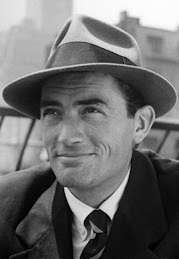

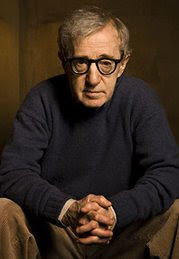

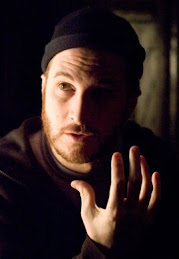

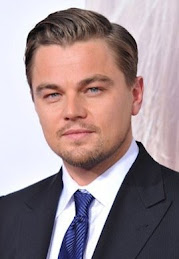
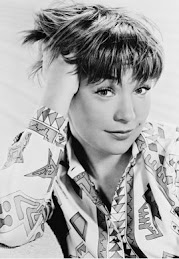
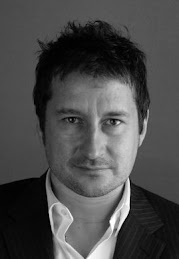
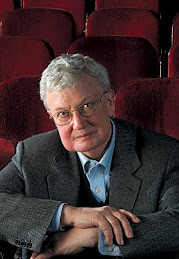
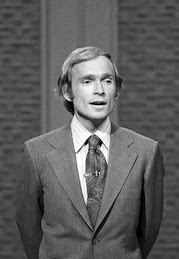


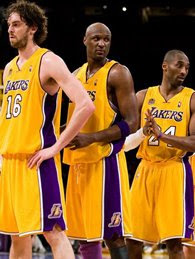

I've never given much thought about it, but I agree with your points entirely. While most of the time I can't consciously tell whether I'm watching digital or film, I have this feeling like the experience is, without my awareness of it, being affected by the medium; it's possibly that if I watch something in film versus in digital, it might seem the same to me, but I may get feelings, or intuitions, of preference towards one or the other, my guess is it would typically be towards film.
ReplyDeleteI've always been a champion for film until the Red1 digital cameras came out with the 35mm film lenses and right post-production equipment. It used to cost 7K or so to rent a camera, buy the film, print it and finally digitize it. Now you can get the same result for $350 a day!!!
ReplyDeleteLena Dunham, the writer, director, and star of Tiny Furniture, shot her debut film with the Canon 7D for 550,000. The film was picked up at South by Southwest and she recently won an Independent Spirit Award. That's why digital is terrific, because it provides us all with an opportunity to speak our voices.
ReplyDelete